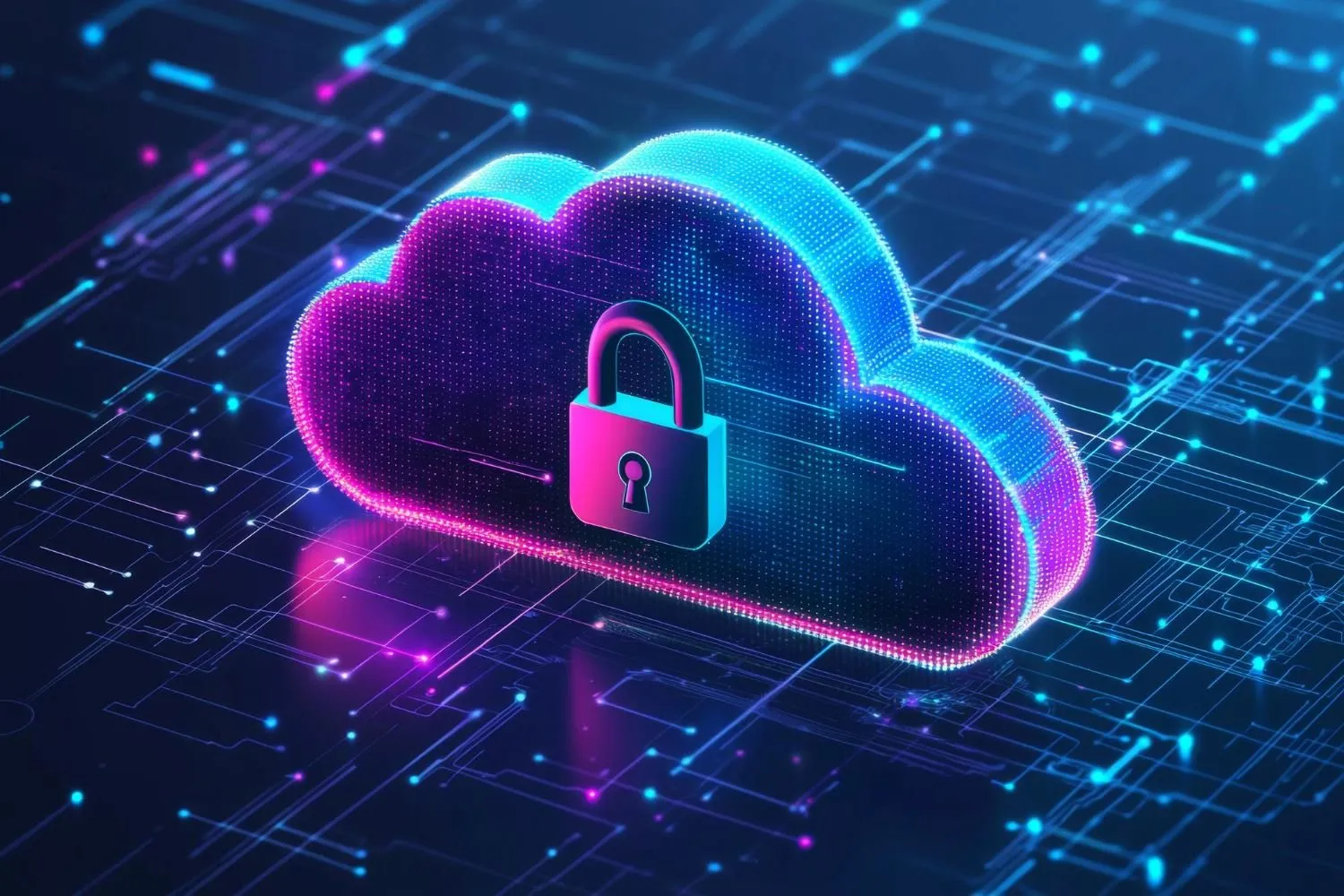Quantum-Enhanced Security Protocols: Safeguarding Cloud Computing

Understanding Quantum-Enhanced Security Protocols
Quantum-enhanced security protocols utilize the principles of quantum mechanics to safeguard cloud computing environments. These protocols ensure that data is transmitted securely, making it nearly impossible for potential attackers to intercept sensitive information.
The Role of QKD
- Quantum Key Distribution (QKD) allows two parties to share encryption keys securely, utilizing the phenomena of quantum entanglement.
- This method ensures that any attempt at eavesdropping is immediately detectable, providing unparalleled security for cloud data.
PQC and QRNGs in Action
- Post-Quantum Cryptography (PQC) is essential for securing communication against future quantum-enabled attacks. It utilizes algorithms that are secure even in a quantum computing scenario.
- Quantum Random Number Generators (QRNGs) enhance security measures by providing truly random numbers, which are critical in cryptographic processes.
As cloud computing becomes increasingly vital in various sectors, the need for quantum-enhanced security protocols cannot be overstated. By adopting these advanced technologies, organizations can shield their data from emerging quantum threats.
This article was prepared using information from open sources in accordance with the principles of Ethical Policy. The editorial team is not responsible for absolute accuracy, as it relies on data from the sources referenced.